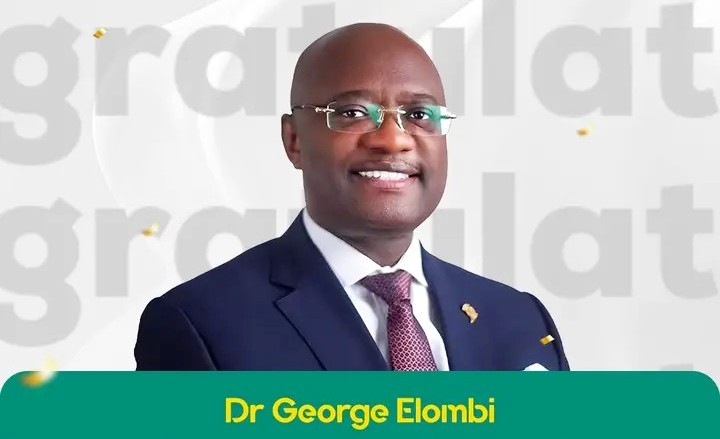
On June 28, 2025, during its 32nd Annual General Meeting in Abuja, the shareholders of the African Export‑Import Bank (Afreximbank) officially appointed Dr. George Elombi as its next President and Chairman of the Board of Directors. He will assume the presidency in September 2025, succeeding Prof. Benedict Oramah, who has led the bank since 2015.
Dr. Elombi is a Cameroonian national and a long-standing veteran of Afreximbank, having joined in 1996 and most recently serving as Executive Vice President, Governance, Legal and Corporate Services. His appointment follows a rigorous global selection process that began in January 2025.
This change marks a significant leadership transition at Afreximbank. As he steps into the presidency, he brings a steady institutional vision grounded in continuity, transformation, and Pan-African industrial ambition.
“I see Afreximbank as a force for industrialising Africa and for regaining the dignity of Africans wherever they are.”
Dr. Elombi earned a Maîtrise-en-Droit from University of Yaoundé (1989), then an LL.M. and a Ph.D. in International Commercial Arbitration from the London School of Economics/University of London.
Stanbic Bank Reaffirms Its Strong Commitment To Helping Women In The Agribusiness Sector
Dr. Elombi lectured in law at the University of Hull, UK, before transitioning to finance. He joined Afreximbank in October 1996 as a Legal Officer, advancing through:
- Senior Legal Officer (2001–2003)
- Chief Legal Officer (2003–2008)
- Deputy Director, Legal Services & Executive Secretary (2008–2010)
- Director & Executive Secretary (2010–2015)
- Executive Vice President, Governance, Legal & Corporate Services (April 2015)
Dr. Elombi played a lead role in establishing Afreximbank’s structural and institutional subsidiaries. He directed the Equity Mobilisation & Investor Relations function, raising US $3.6 billion in ordinary equity by April 2025.
He is committed to industrialising Africa, transforming trade structures, upgrading infrastructure (ports, power, trade processing), and bolstering human capital.





